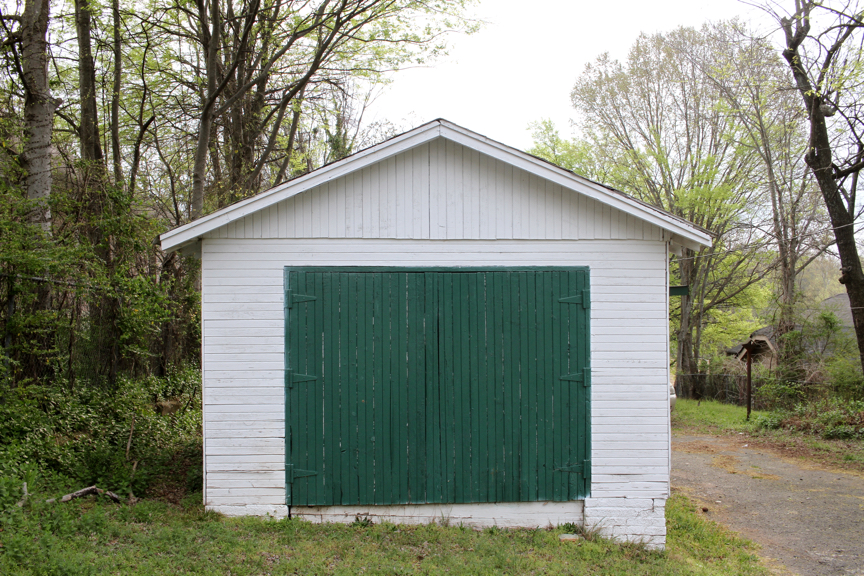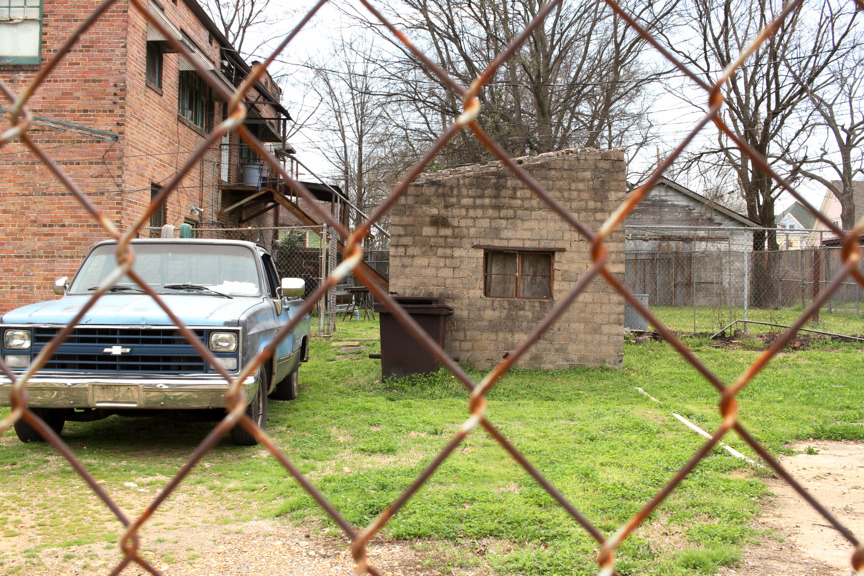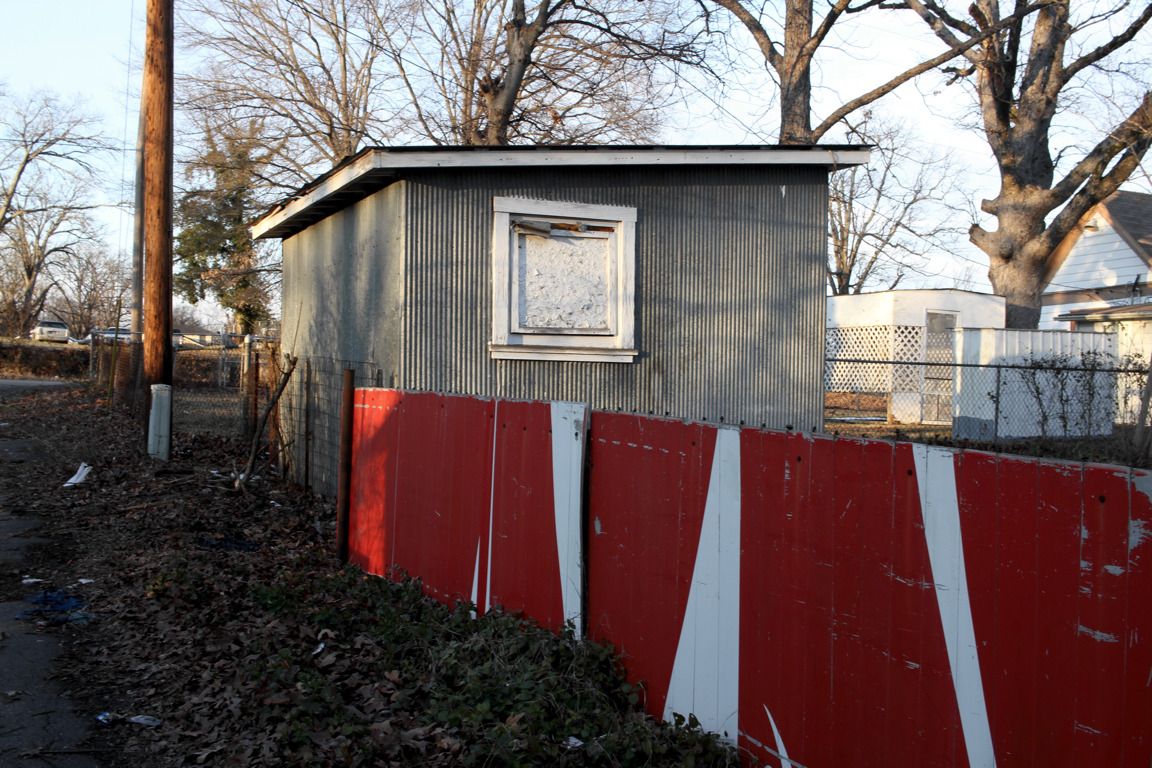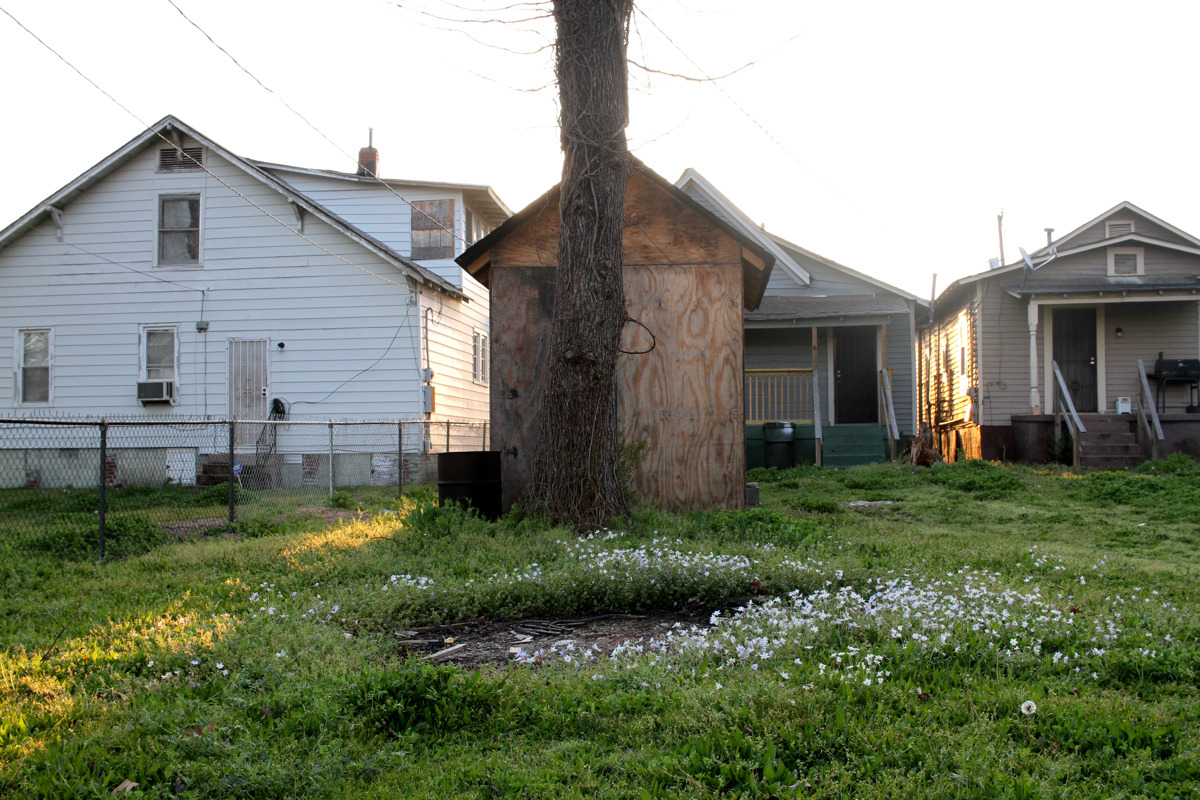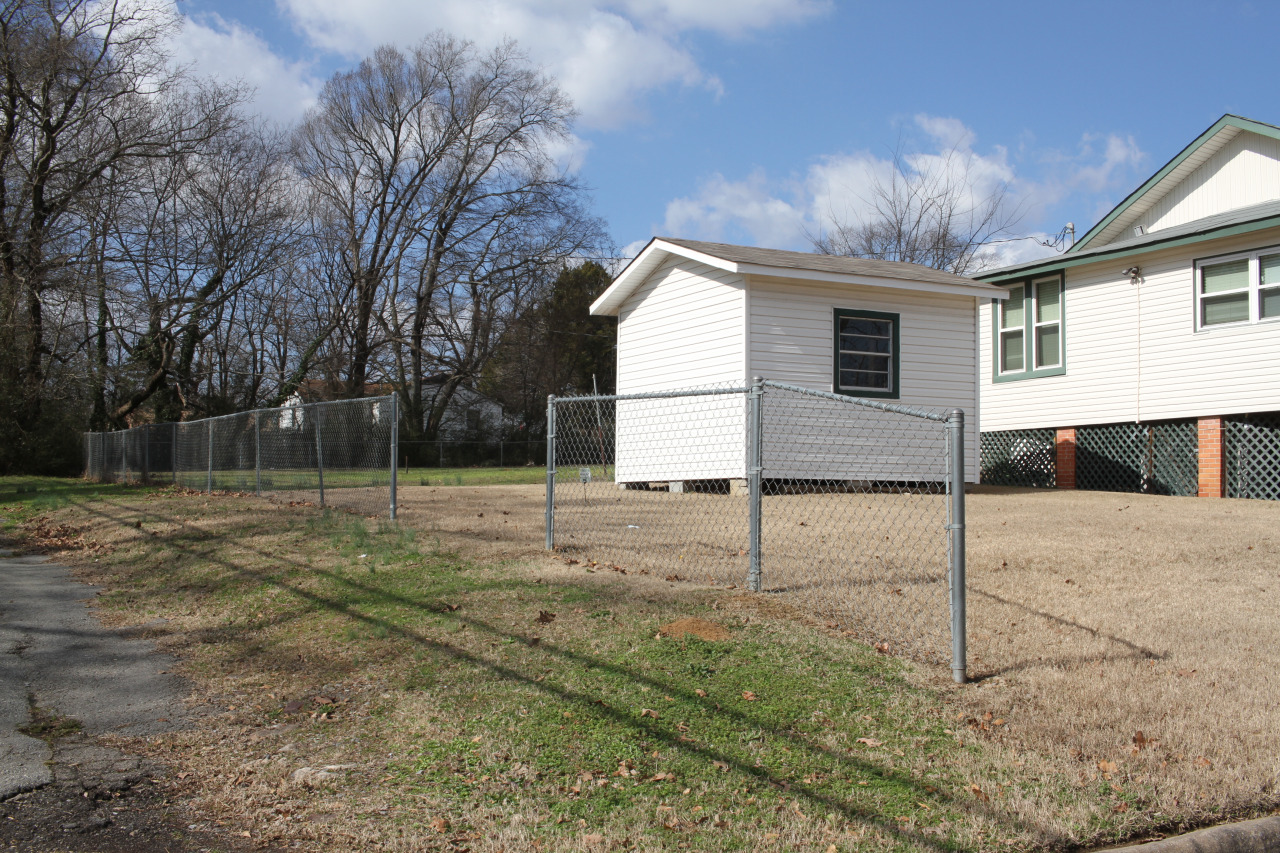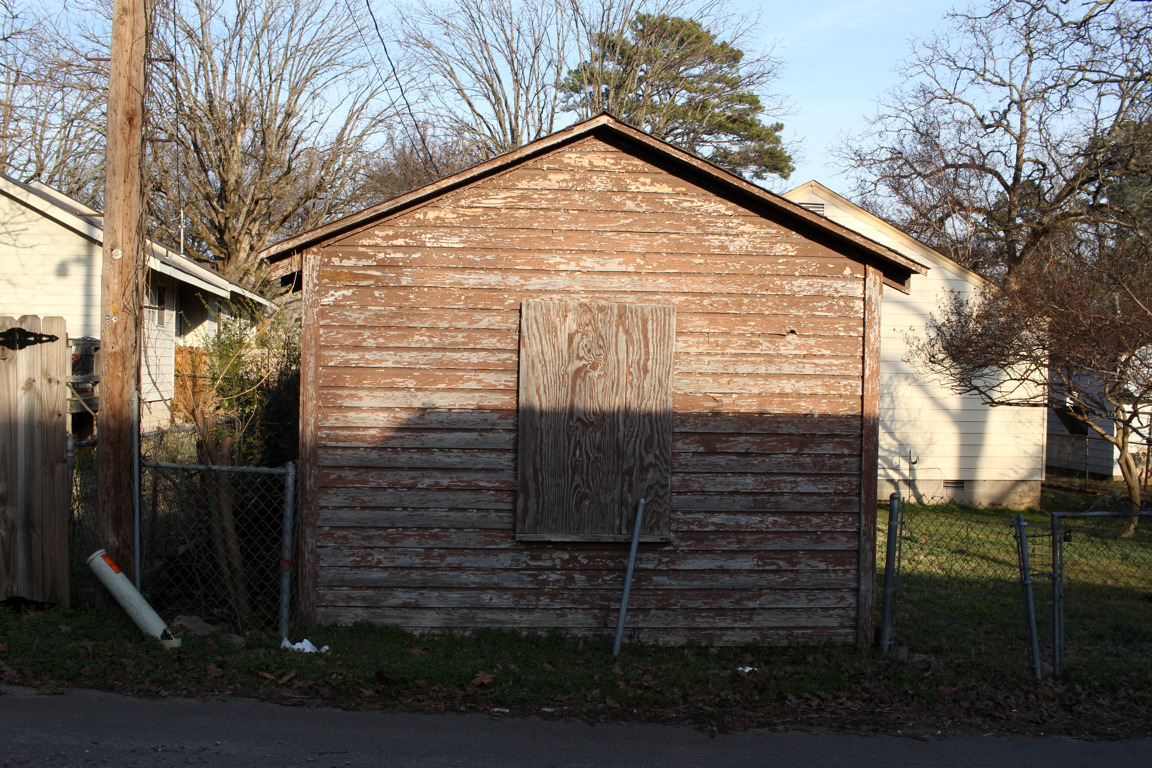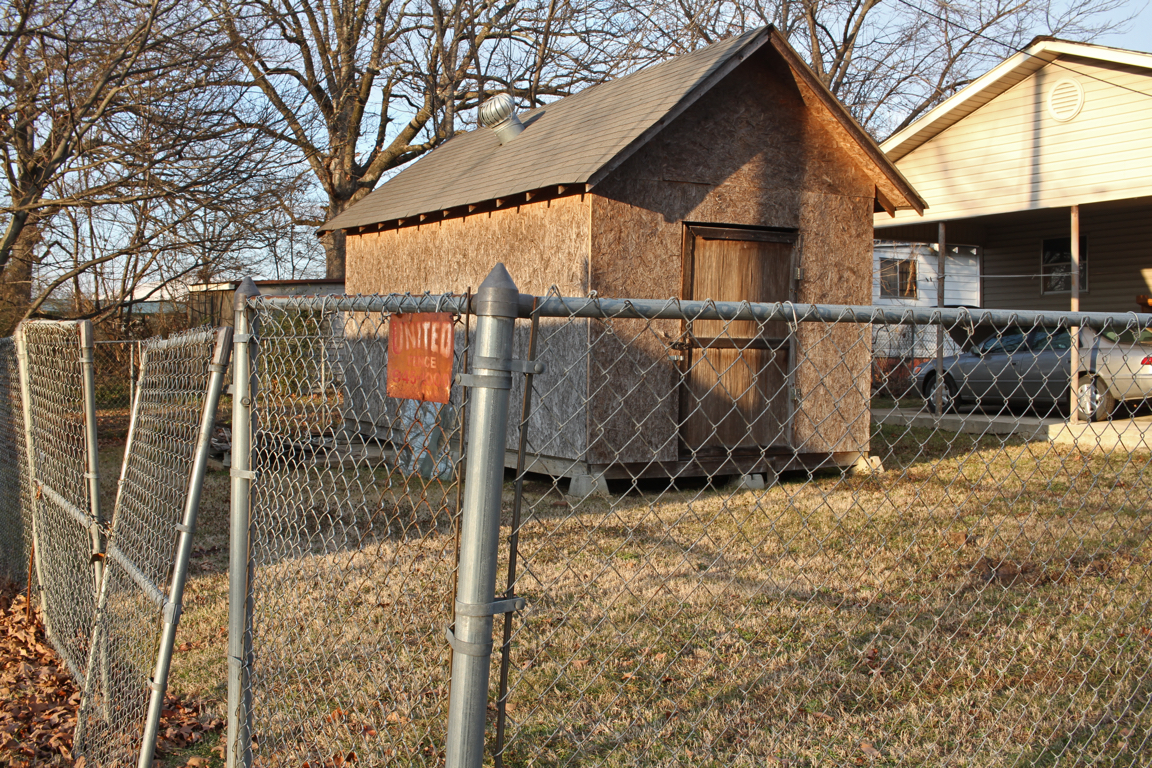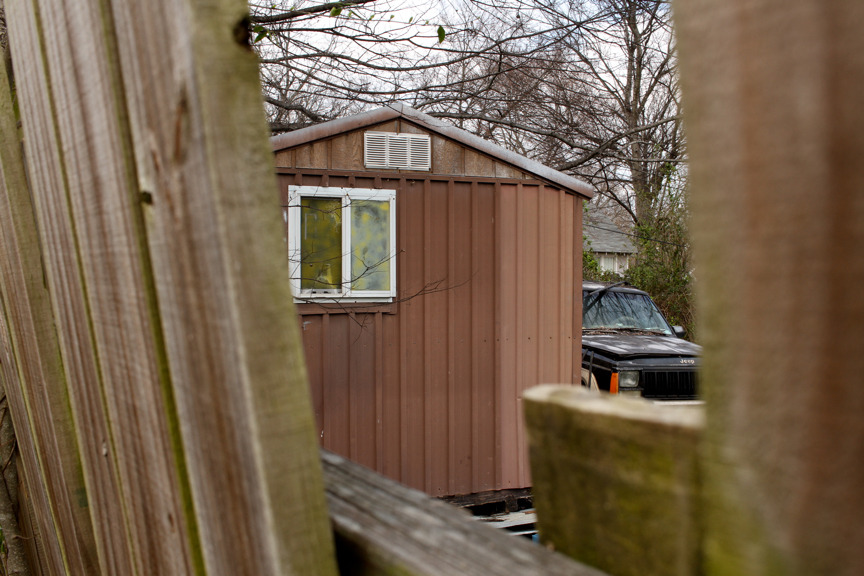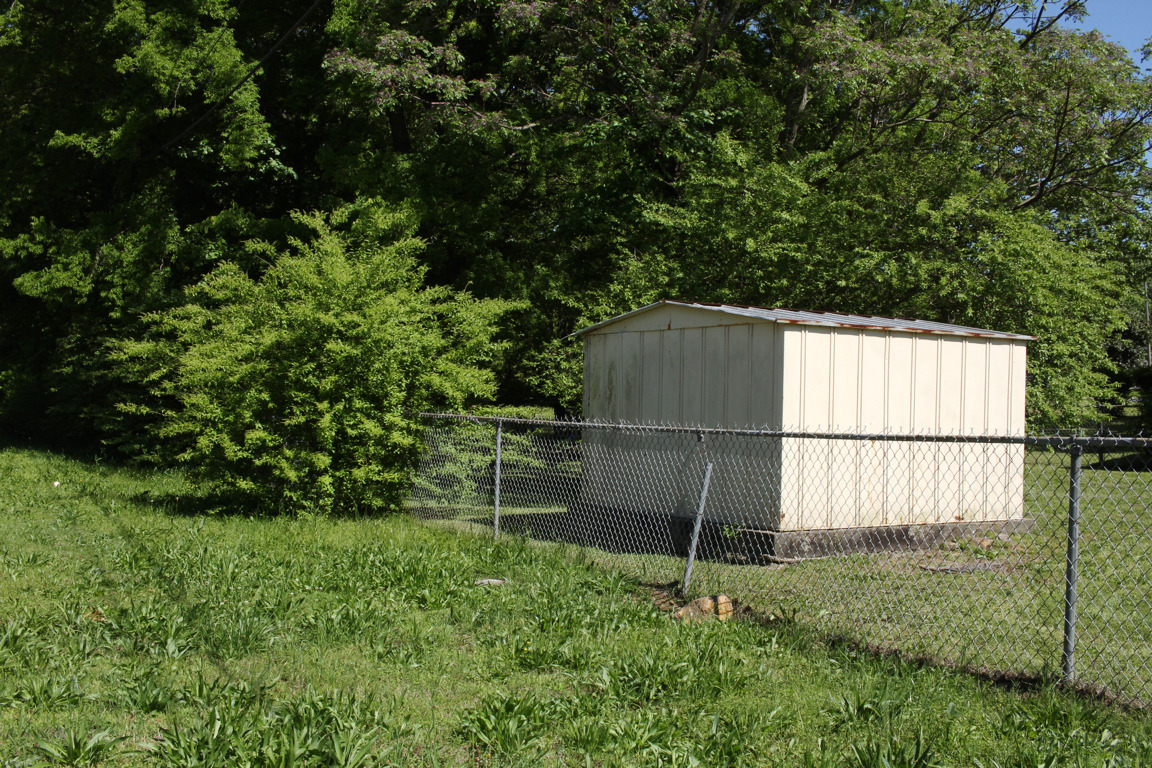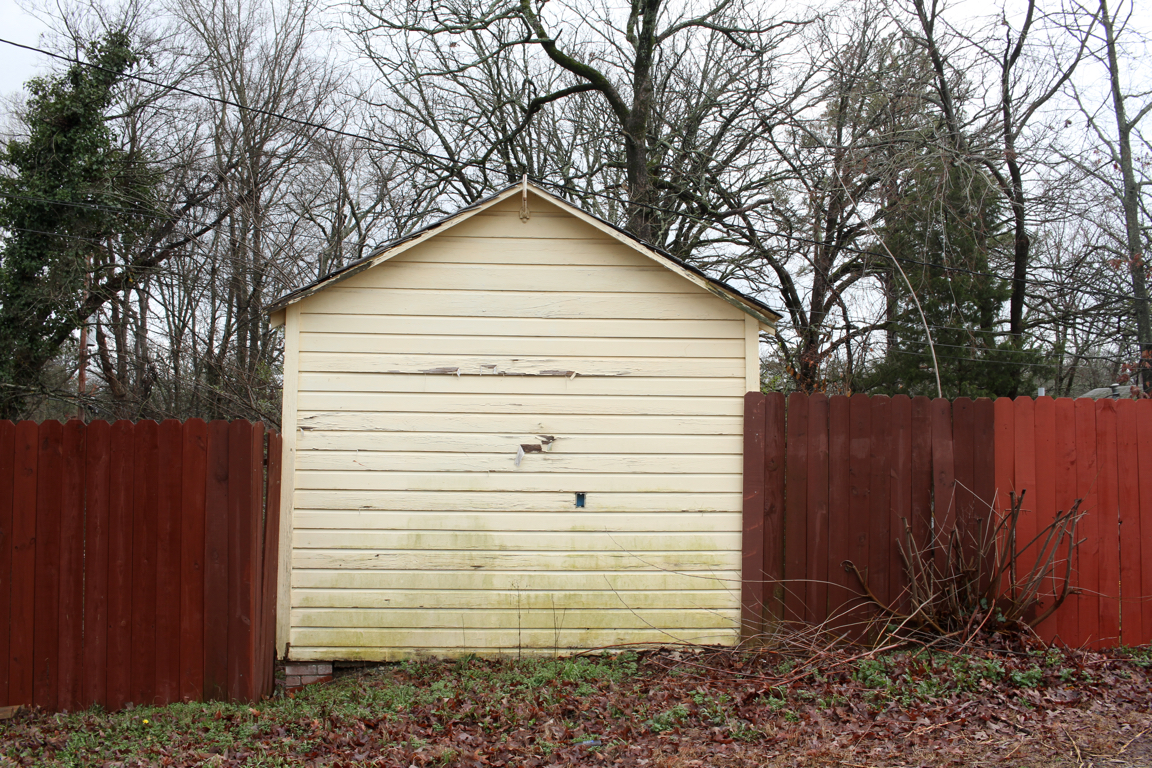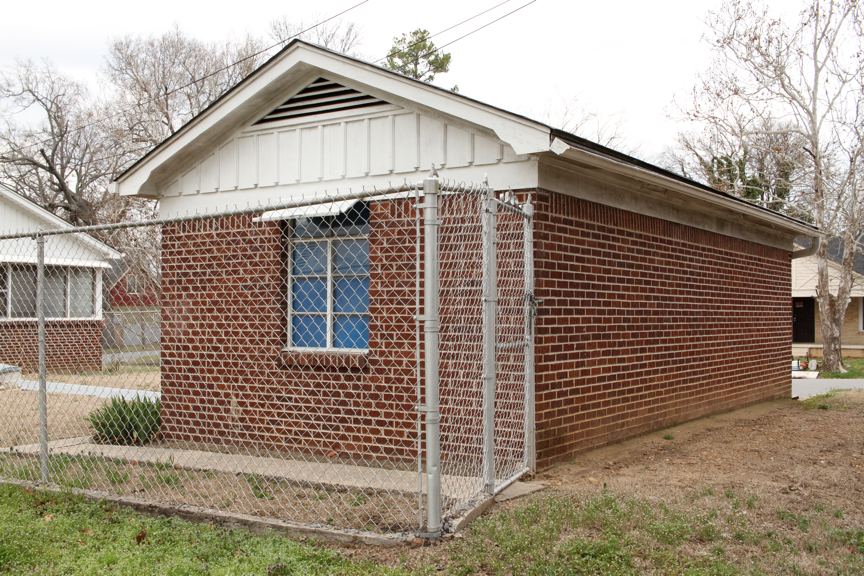Here's an interview I did with Kevin Young last year, in the run up to the Arkansas Literary Festival. At the time, Young was a creative writing professor at Emory and curator of both Emory's Literary Collections and the Raymond Danowski Poetry Library. And already one of the best poets of his generation. He has since been named the poetry editor of The New Yorker magazine.
An excerpt:
You recently had a poem printed in the New Yorker, "Money Road." It described a trip through the Mississippi Delta, through the landscape in which Emmett Till was murdered. Tell me about that trip.
I've been to Mississippi a number of times, but I don't know if I'd been to the Delta proper. I was writing about the Delta in part for an oratorio I wrote for the Southern Foodways Alliance. It's actually going to be [presented] at Carnegie Hall on April 4. It's called "Repast," like the meal after a funeral. I was thinking a lot about justice and loss in a different way, a more historical way. Then to drive that landscape — it was so visceral. If you've been there, you can see that it's not just a question of history, it's a question of the present. Emmett Till's death resonated historically but it still resonates now. I guess that's what struck me and what I was trying to capture in that poem. History is still with us, the past isn't even past. But also, that landscape feels very haunted.
Is that poem indicative of what you are working on these days?
Yeah. I have poems that return to the South, but also return to the landscape and to history with a capital "H." But I'm always interested in exploring the personal in that sense. I find that when I'm writing about the historical, it becomes very personal; and when I'm writing about the personal, it becomes historical. That's kind of the dance the work tries to do.
















